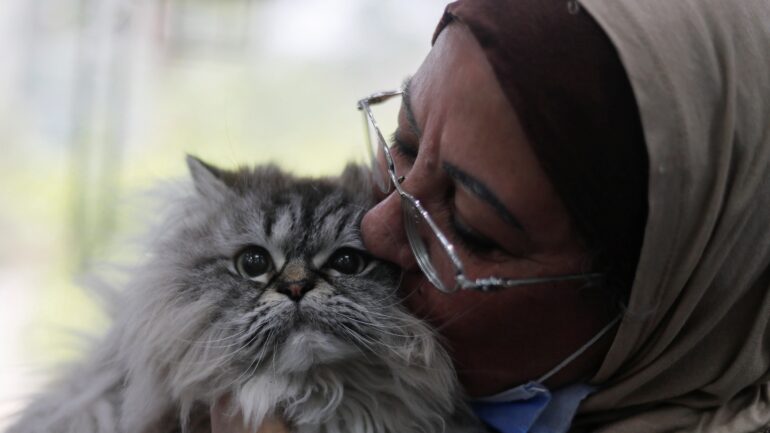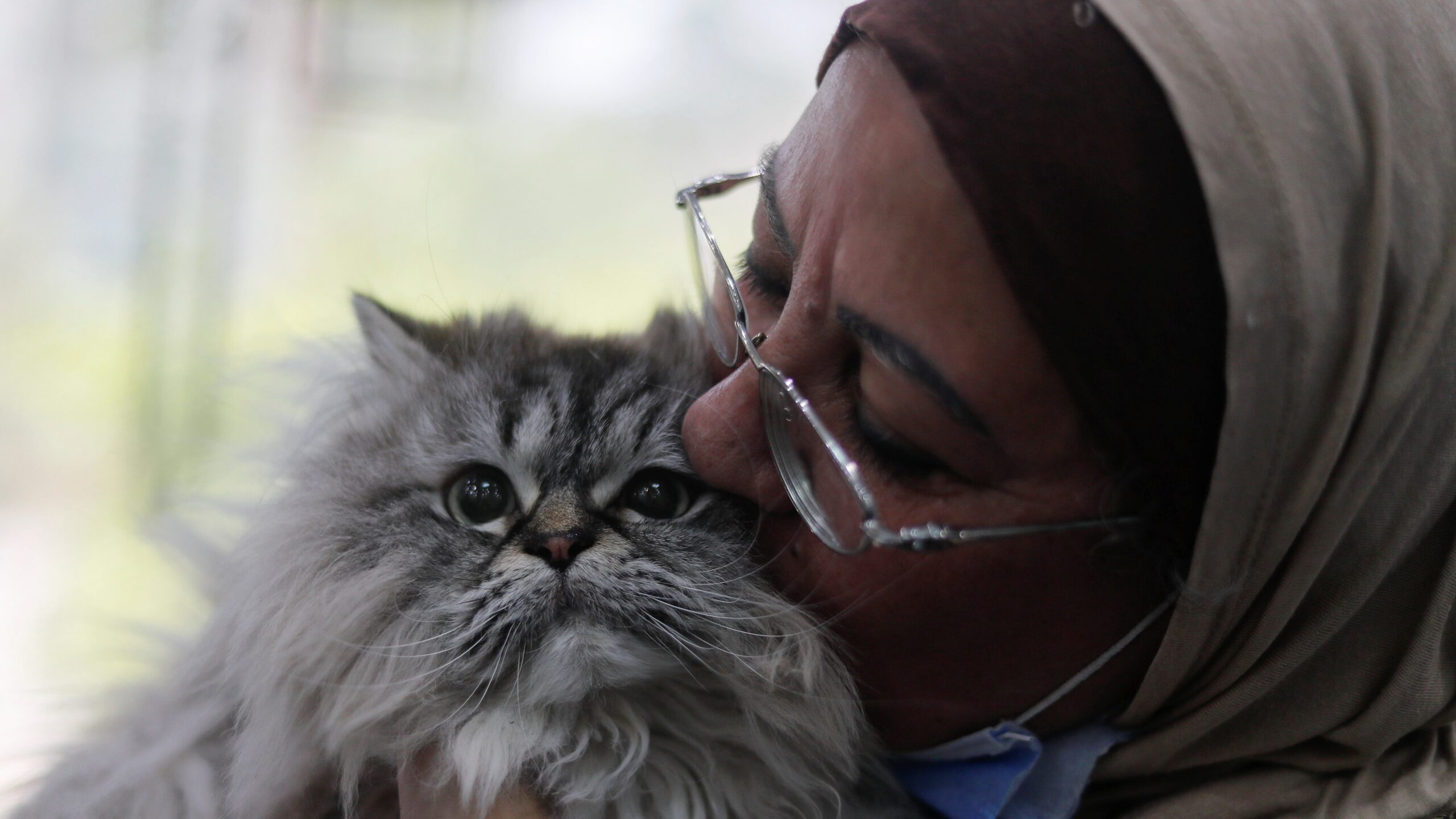
Shruti Mehra
The Ontario SPCA and Humane Society suggest ways to pet parents to prepare their pets to deal with separation anxiety once they head back to work.
“As pets are spending the most time with their caretakers nowadays, it will be difficult for them to accept separation for hours,” said Kallie Milleman, media relations specialist at Ontario SPCA and Humane Society. “This can cause separation distress, which leads to anxiety.”
Milleman said a busy lifestyle or extended working hours are the most common and unintended cause of separation anxiety among pets.
“Single-pet owners need to be very careful about this situation. They are the ones risking their pets the most,” Milleman said.
There has been a significant increase in pet adoptions in March and April during the COVID-19 pandemic.
The British Columbia Society for the Prevention of Cruelty to Animals (BC SPCA), even started a half-price adoption promotion, which helped around 300 animals, including puppies, kittens, c, and other animals to find homes and foster families.
“As people are self-isolating or in quarantine, they’re looking for companionship. So, they’re adopting a pet,” said Kerri-Lynn McAllister, founder of Pawzy, a startup company that connects pet parents with advice and services.
McAllister said COVID-19 has mostly affected our daily routine and has led people to spend more time with our pets than usual.
With the growing number of new pet parents, the chances of separation anxiety and unwanted behaviours among pets have increased.
“Separation anxiety can lead to various problems including restlessness, loss of appetite, panting, lip licking, and excessive salvation,” said Dr. Manisha Kapoor, veterinarian at Animal Care Clinic in New Delhi, India.
Kapoor said there are many ways in which individuals can help their pets when they are not around physically.
“Medications and supplements are quite effective in response to [pets] anxiety triggers,” Kapoor said.
The Ontario SPCA and Humane Society have shared tips to prevent separation distress, boredom and behavioural issues in companion animals, such as buying pets self-entertaining toys they pick out themselves to encourage independent activities and reduce anxiety.


